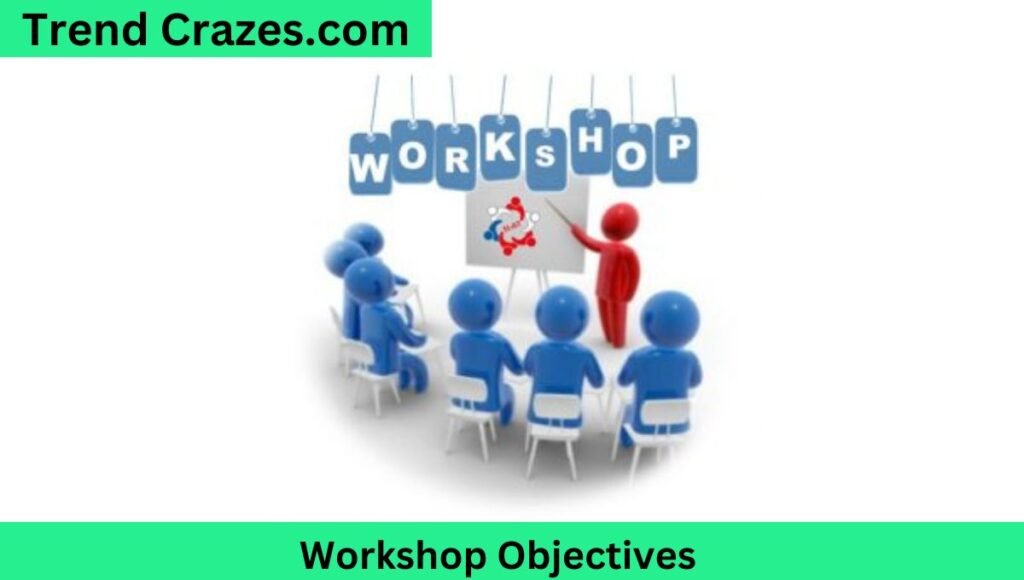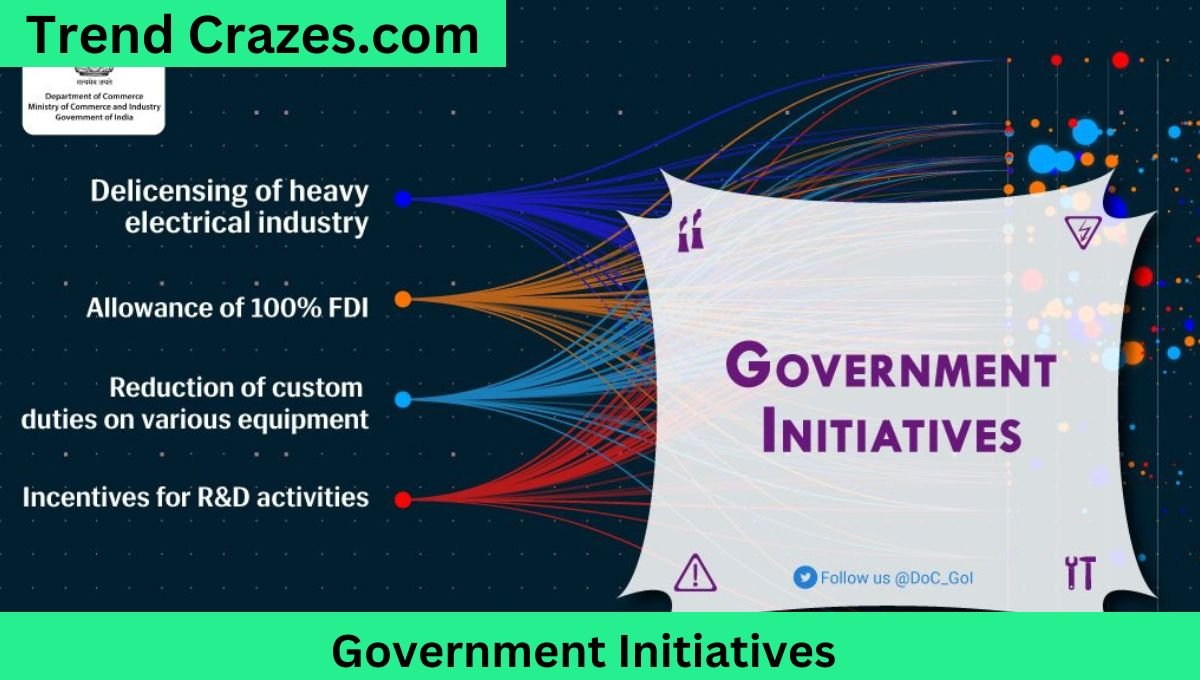The Nigeria Auto Journalists Association has invited key automotive organizations and stakeholders to participate in a workshop This much anticipated event will bring together key stakeholders and leaders in the automotive industry to showcase their commitment to improving Nigeria’s auto landscape through collaboration, knowledge sharing and innovation
Event Details
The Annual Capacity Building Workshop will be held at the Lagos Chamber of Commerce and Industry building in Ikeja The theme for this year is CNG/LPG/EV initiative Challenges and Sustainability in Nigeria Alternatives to fossil fuels promises insightful discussions about the future of energy within Nigeria Automotive sector Experts innovator and industry leaders will explore the latest solutions for compressed natural gas liquefied petrol gas, and electric vehicles They will address the challenges of using alternative fuels and tap into their sustainable potential
Participants

Many prominent organizations including the National Automotive Design and Development Council Mikano Motors Nigeria Limited and Jet Systems Automobiles have expressed interest in the upcoming training The industry leading lights will converge to share their knowledge and expertise as they explore the game changing innovations that are transforming Nigeria automotive landscape
Impact of past workshops
In an official statement by Adrian Egonu Chairman of the 2024 Annual Capacity Building Workshop he highlighted the fact that previous workshops had significantly enhanced the knowledge of members of Nigeria Auto Journalists Association Egonu said that the training sessions played a crucial role in providing auto journalists with greater industry insight sharpening expertise and empowering them so they can stay on top of automotive reporting
Selecting Themes Deliberately
Adrian Egonu explained to the audience that NAJA deliberately chose the theme 2024 in order to emphasize its relevance within the context of Nigeria’s changing energy landscape He said that the Federal Government drive towards sustainable alternatives is perfectly aligned with the workshop’s focus on ‘CNG/LPG/EV initiatives Challenges and Sustainability in Nigeria Alternatives and Alternatives to Fossil Fuels The theme of the workshop aims to address urgent needs for innovation in Nigeria’s automotive sector and energy sector providing a forum for industry stakeholders
Government Initiatives
In the last 16 months the government made significant progress in promoting Compressed Natural Gas Liquefied Petroleum Gas and Electric Vehicles aligning itself with global best practices to promote cleaner more sustainable automobile fuels These bold initiatives show a commitment to transforming Nigeria automobile sector into greener lower emission options and pave the way for an environmentally conscious future
Workshop Objectives

The Committee Chair assured that the 2024 workshop edition will enhance significantly the knowledge and skill of journalists equipping them to better navigate through the complexity of the automotive sector He thanked the sponsors for the valuable partnership they have had with the association He stressed that their support was vital to the advancement of the automotive industry not only in Nigeria but globally Together they’re forging the path to a more bright and informed future in automotive journalism
Platform for Innovation

He said that the workshop would be a great opportunity for sponsors and investors to show their commitment to the automotive industry while interacting directly with key industry players encouraging collaboration and sparking meaningful discussions that drive progress
Recognizing Sponsors
Mike Ochonma praised sponsors and partners noting their crucial role in supporting NAJA mission and their commitment to encouraging growth within the automobile sector Ochonma thanked them for their partnership and said that it strengthened the foundation of impactful initiative which drive excellence and innovation in Nigeria auto industry
Commitment to impartiality

He reiterated that NAJA will continue to uphold its responsibility as a pillar in the fourth estate will maintain unwavering neutrality while ensuring information dissemination education and opinion shaping NAJA is committed to fostering an informed dialogue and aims to provide its members with unbiased insight so that their voices are heard
Dialogue is important

Ochonma stressed the importance of dialogue between industry players about the government’s greener environment policy Ochonma asserted that collaboration discussions are crucial for aligning efforts and exploring innovative solutions to support sustainable practices in the automotive sector Stakeholders can collaborate to overcome challenges and seize opportunities in order to create a greener future by fostering these discussions
Journalists’ Contribution

According the NAJA chairman, Over the years reporters covering the automotive sector under the banner NAJA in Nigeria played a crucial role in advancing this sector The topic for this year is timely and relevant as it reflects the Federal Government unwavering support of the CNG Initiative The insights gained as we navigate through this transformational period will empower journalists to continue to make a vital contribution to the evolving automotive landscape
Frequently Asked Questions
Question : What is the future of CNG?
Question : When was CNG invented?
Answer : The first fuel used in internal combustion engines was gas In France the first experiments with compressed gas took place in 1850s Natural gas was first used as a fuel for transport during World War I Columbia Natural Gas of Ohio in the 1960s tested a CNG carrier
Question : Why CNG is used nowadays?
Answer : CNG is used to generate electricity. is used to make it a cleaner fuel. It is cleaner CNG has the advantage that it can burn directly in factories and homes where it is supplied via pipes
Question : Why do people prefer CNG?
Answer : CNG is significantly cleaner than petrol It emits less harmful pollutants such as carbon monoxide and nitrogen oxides CNG combustion produces less greenhouse gas emissions This results in a smaller carbon footprint
Question : Which is better, CNG or EV?
Answer : Electric vehicles are more energy-efficient than CNG or petrol cars EVs are known to cause range anxiety There is less range anxiety with CNG as you can switch to petrol when needed CNG emits fewer harmful particles while EVs emit zero

